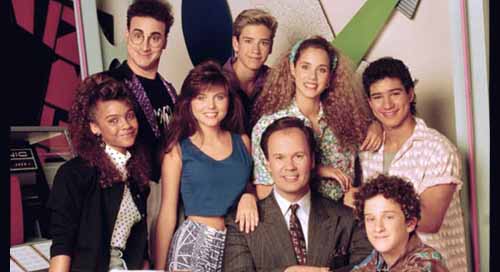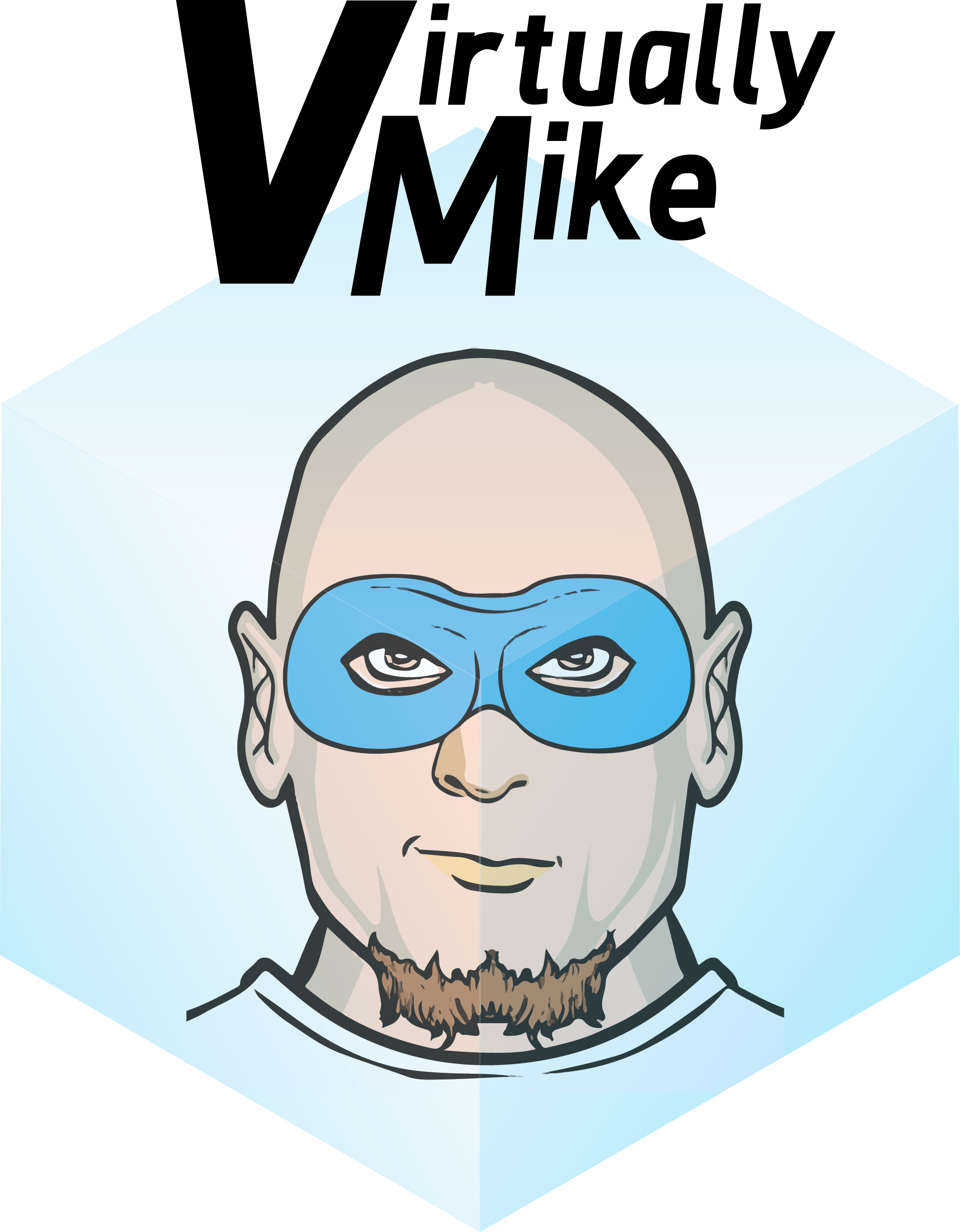This is going to be one of those blogs that upsets a lot of folks but I have been thinking about it for some time. After talking to some friends and coworkers about it I decided it was something I needed to write.
The IT community feels fractured, and this isn’t anything new I suppose but it has felt far more noticeable lately. There appears to be two distinct tiers of people in the community, those that were here first and everyone who entered later. This has formed cliques, and I am not talking about the typical tribal divisions that happen as Microsoft experts or VMware experts sync up unto themselves but more of a standoffish clique like the popular kids in high school. Of course there are the cool kids who are friendly too, not everyone has airs of pretension surrounding them.
 If I look at it through the lenses I wore in high school part of me wonders why I even care about this, and the other part feels left out or inferior. Haha wow I am lame. But whether or not this is just more imposters syndrome or whether the popular kids really do have a clique all their own is a question that may be a little tough to answer, and I think I have.
If I look at it through the lenses I wore in high school part of me wonders why I even care about this, and the other part feels left out or inferior. Haha wow I am lame. But whether or not this is just more imposters syndrome or whether the popular kids really do have a clique all their own is a question that may be a little tough to answer, and I think I have.
I joined twitter in September of 2010, when someone gave me a convincing reason why. Essentially his argument is the same one I use today, if you remember the way we used message boards and support forums you remember how long you would have to wait to get a response. Twitter is like the support forums on crack with responses and help happening within minutes or even seconds of posting your issue. I’ve found this to be true a million times over, an in turn have tried to give back to the community. But I have known that there are those who have been doing this longer and I always respected them.
You never want to measure yourself against others, yet you need to set a goal, and unless you are Elon Musk and can dream up that which does not yet exist it takes seeing what others have done to help you realize where you want to get to. So I set my goal to be a recognizable name and member of the community. I have worked on that for 5-6 years now and I’ve come to realize that I will never break into that elite group. Maybe partially through my own lack of skill or because like most townships in the Midwest, once land claims were planted the founders of a territory became the leaders and leadership became incestuous. How do you break into something that seems so tightly coupled with those that have always been around?
What I have found since I have been mulling over this sociological makeup of our little IT tribe is that I am not the only one who views it this way. There are those that like me are trying to break out and become known entities and respected names, there are those that haven’t quite started the journey but are looking at it as part of their career trajectory. What are they to do?
So this is a call, a call for the community to stop a tiered approach of community leaders. Sure there will always be those that are better at presenting, or known more but there are those of us who have less distance from our time in operations, or have different skill sets and experiences that can be shared. I urge you if you are starting out to try and get more involved and not be afraid of this cliquish behavior, and if you are a member of the old guard to help break down the barriers and promote the new folks who are trying to make a name for themselves. As much as I can I am here to help, as Mike Laverick did with the #FeedForward campaign I am willing to help speakers with tips, and time to listen and help make their presentations better. I urge others to help mentor this next generation of speakers, and for show and community organizers to reach out beyond just the big names, and for the community to hear the new voices.
A special thanks to Amy Lewis who helped me make sure this message was one that wouldn’t go over the top or sound like a petulant child’s whining to be included.

